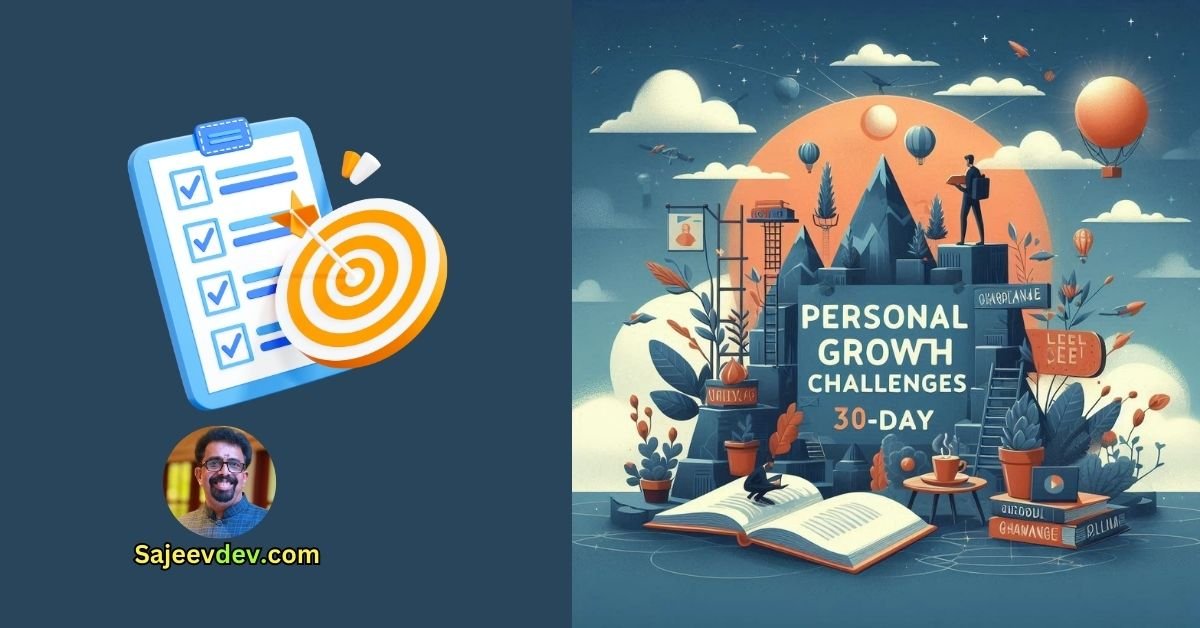
Embracing a Holistic Lifestyle: A Guide to Wholeness and Well-Being
In a fast-paced world where stress and imbalance often dominate, the concept of holistic living offers a refreshing approach to achieving overall well-being. Holistic living involves nurturing the mind, body, and spirit in harmony, recognizing that these elements are interconnected and essential for a balanced life. This blog delves into the principles of holistic living…









